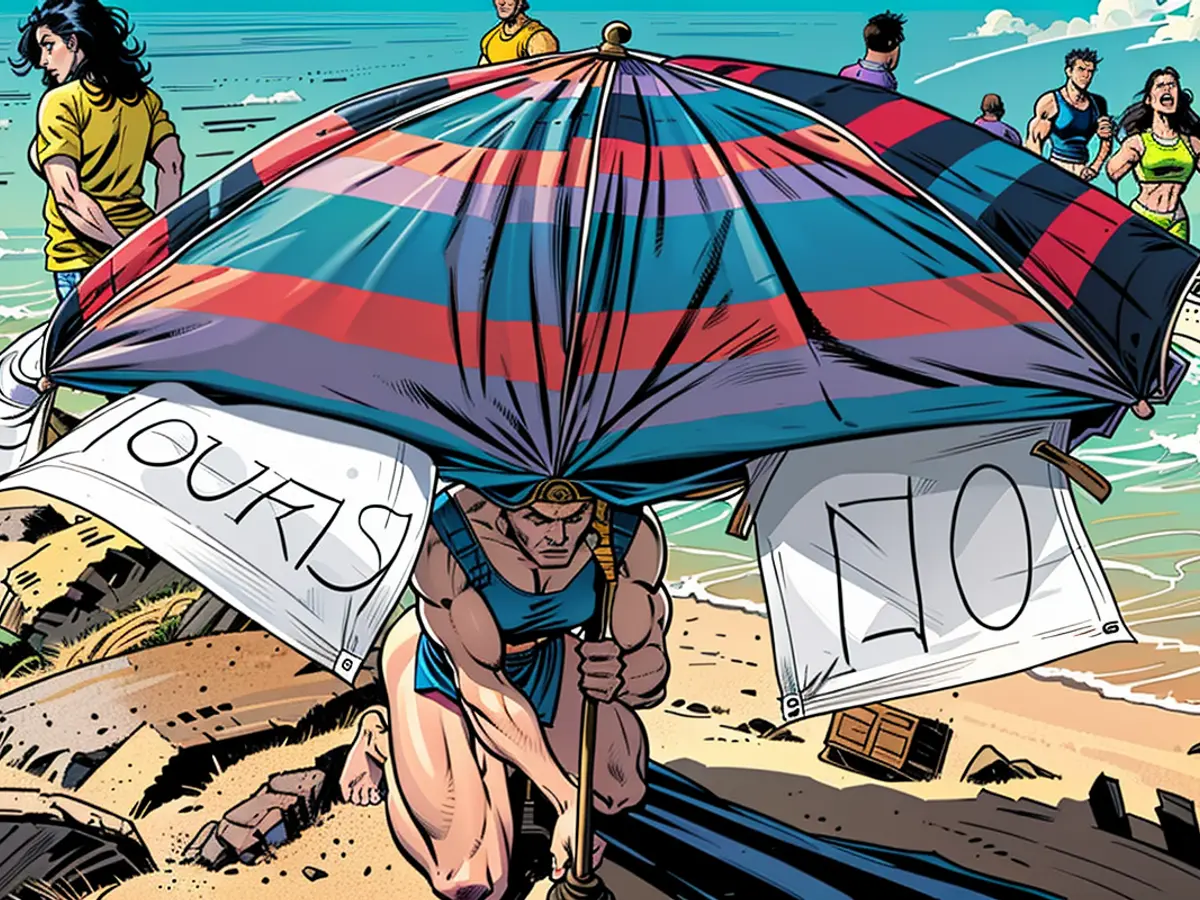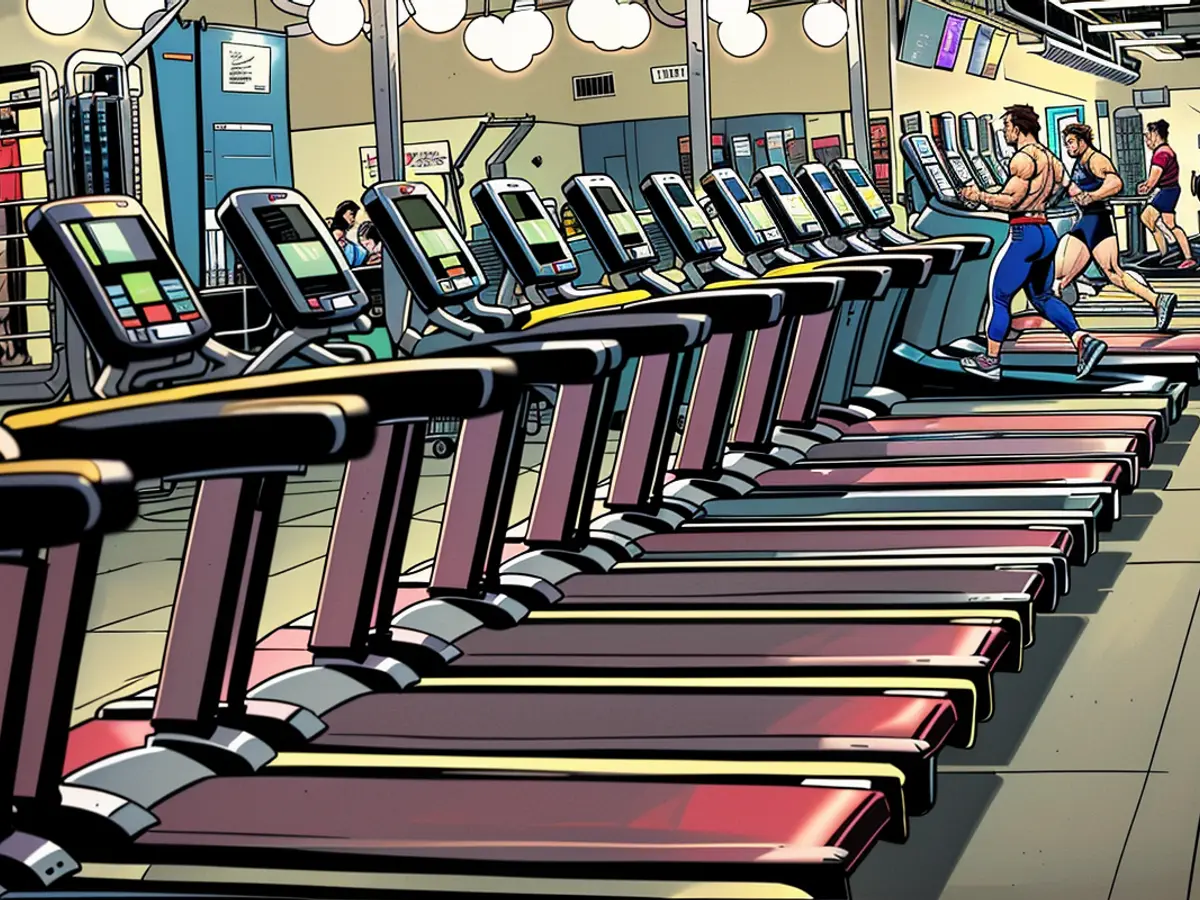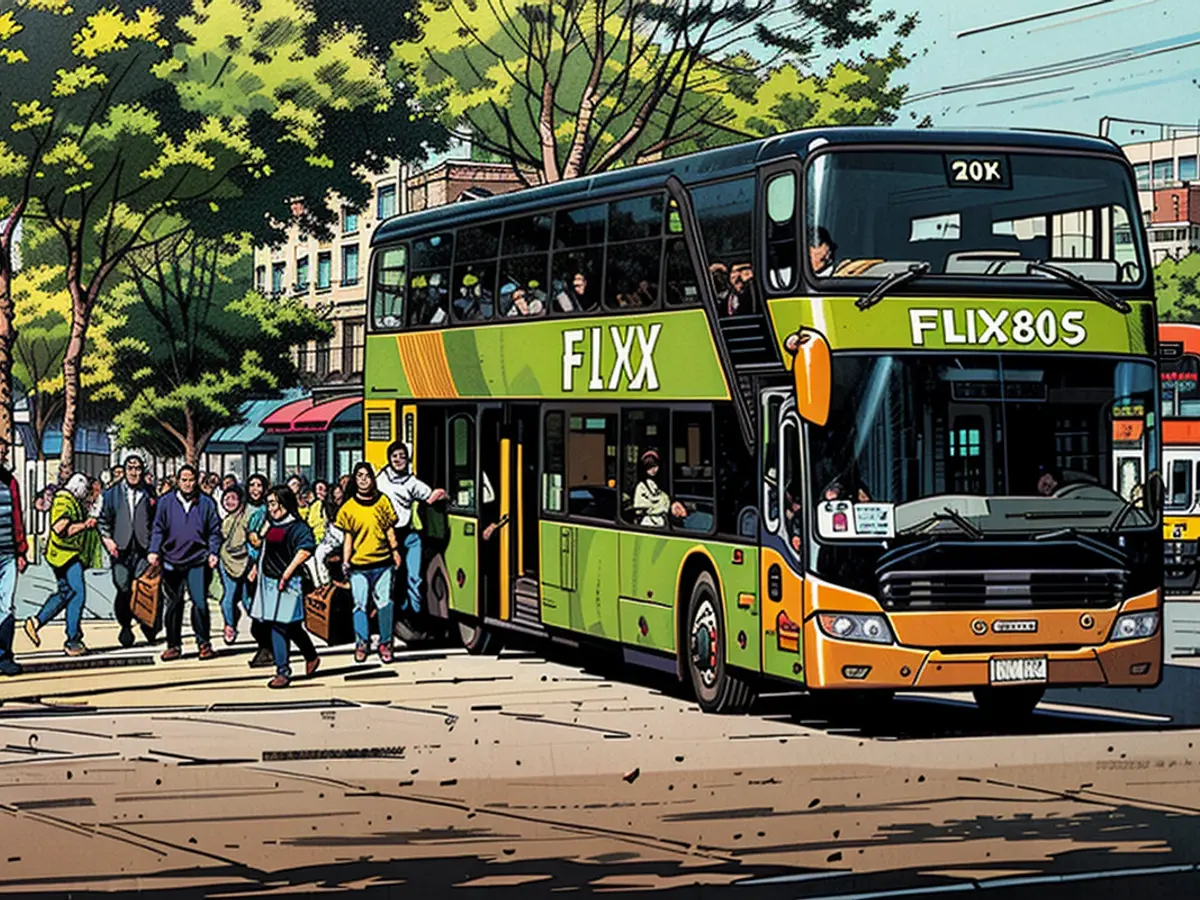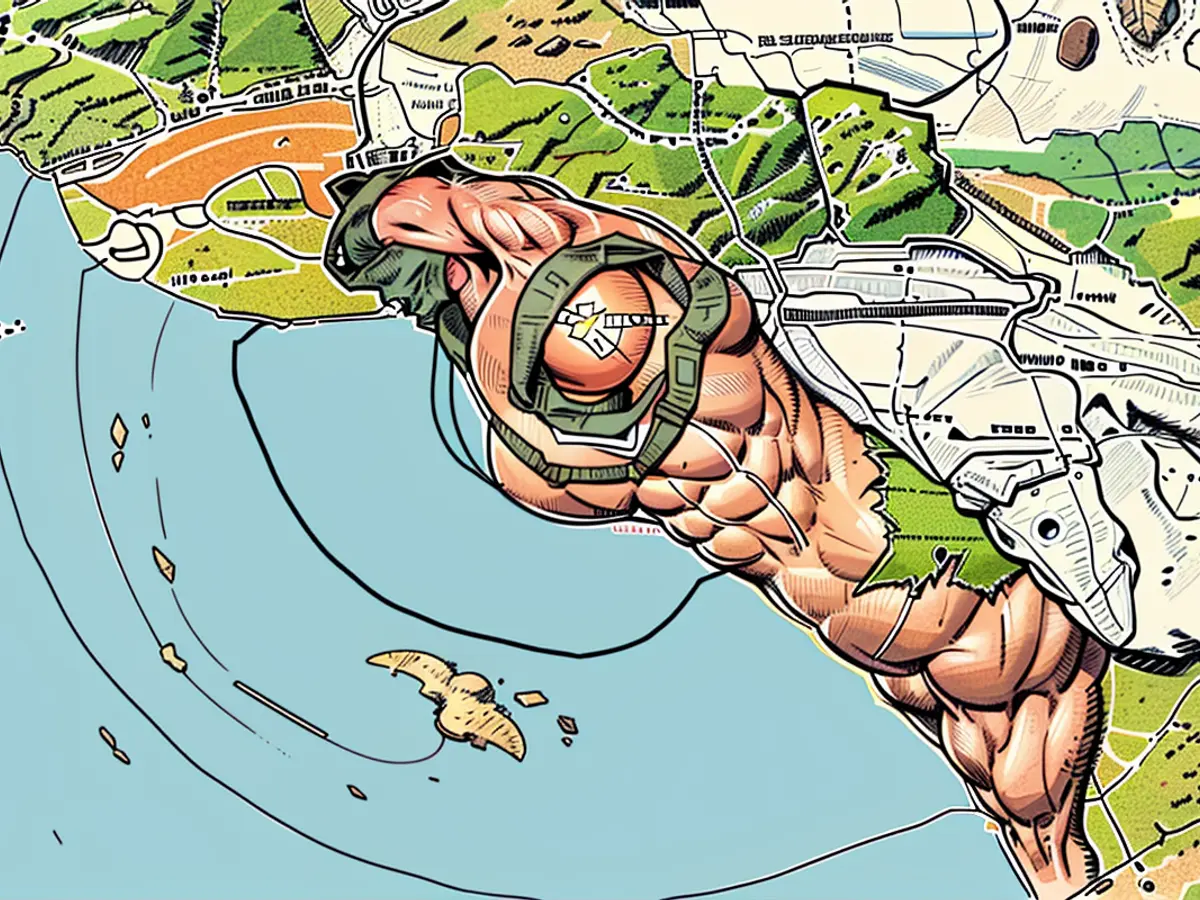"The bedchambers at Ballermann can remain quiet"
ntv.de: Tourists love Mallorca as much as ever, but protests against mass tourism on the island are growing louder. In an interview, tourism expert Pascal Mandelartz from IUBH International University explains how the change can succeed and why limiting the number of tourists is not a sensible solution.
ntv.de: Locals on Mallorca are protesting against the influx of tourists, demanding a cap on mass tourism. Can you understand their frustration?
Pascal Mandelartz: The demands of the protesters are quite radical. Nevertheless, they are also harmful to the entire industry of Mallorca. Over the past decades, tourism has become the main source of income, creating a monoculture. This cannot be changed quickly - not even with limited visitor numbers. It would be more sensible to look at regions individually and develop a separate strategy for each. Regardless of the details of the strategy, it is important that the population is involved in decision-making processes over a longer period. This works well in Amsterdam and Barcelona, for example.
So, it doesn't make sense to limit the number of tourists?
No, not least because the majority of the population benefits from tourism. It accounts for more than 40 percent of the gross domestic product. Nevertheless, the island needs a transformation process and structural change. This cannot happen overnight. Such a process takes decades. Mallorca must now gradually take a new path. The famous Ballermann on Playa de Palma, for example, wants to focus more on the luxury segment and attract wealthy tourists. In my opinion, this is rather counterproductive. Because this would create another new market segment. That is the wrong strategy. I believe that the apartment buildings there can stay. Here, it would be much more important to improve security concepts and improve waste disposal.
However, employees in hotels or restaurants often complain that wages are still too low. They have hardly benefited so far.
That's correct. Not enough is reaching the locals. But if tourism on the island were to collapse tomorrow, even more people would take to the streets because they don't earn enough. To put more money in people's pockets, politics needs to act. In some cases, taxes may even have to be reduced. However, limiting the number of visitors would not change the income situation. Other levers need to be used. Mallorca is also suffering from a severe housing shortage. Here, it would make sense to restrict Airbnb. Then there would be more and, above all, affordable housing available for locals.
Since 2016, the island has been introducing a tourist tax, but this has not changed the influx.
At least the tax generates money that can be invested in infrastructure. But we must not forget: Tourism is a huge growth market worldwide. A small tax increase will not deter travelers.
Is there such a thing as a sustainable tourism strategy?
If we talk about sustainability in the tourism industry, we mean a balance of economy, ecology, and socio-cultural aspects. In the end, such concepts must also work in a free market economy that focuses on economic growth. In Magaluf or Playa de Palma, 80 percent of the buildings are used for tourism. Building a traditional Mallorcan village there is utopian. Mass tourism does not exclude sustainability per se. More water-saving toilets or new solar panels on the roofs can also make such tourist hotspots at least a little more sustainable.
What needs to happen now?
Mallorca must break free from the monoculture of tourism. There's no doubt about that. The island should promote alternative industries such as science, technology, innovation, or agriculture in certain areas. However, we must remain realistic: Even these sectors will never replace tourism.
The economy of Mallorca heavily relies on tourism, making up over 40% of its gross domestic product. Limiting the number of tourists may not be a sensible solution, as it could negatively impact the majority of the population who benefit from the tourism industry.
Despite protests against mass tourism, the demands of the protesters, such as capping the number of tourists, could potentially harm the entire industry of Mallorca due to its reliance on tourism as a main source of income.









